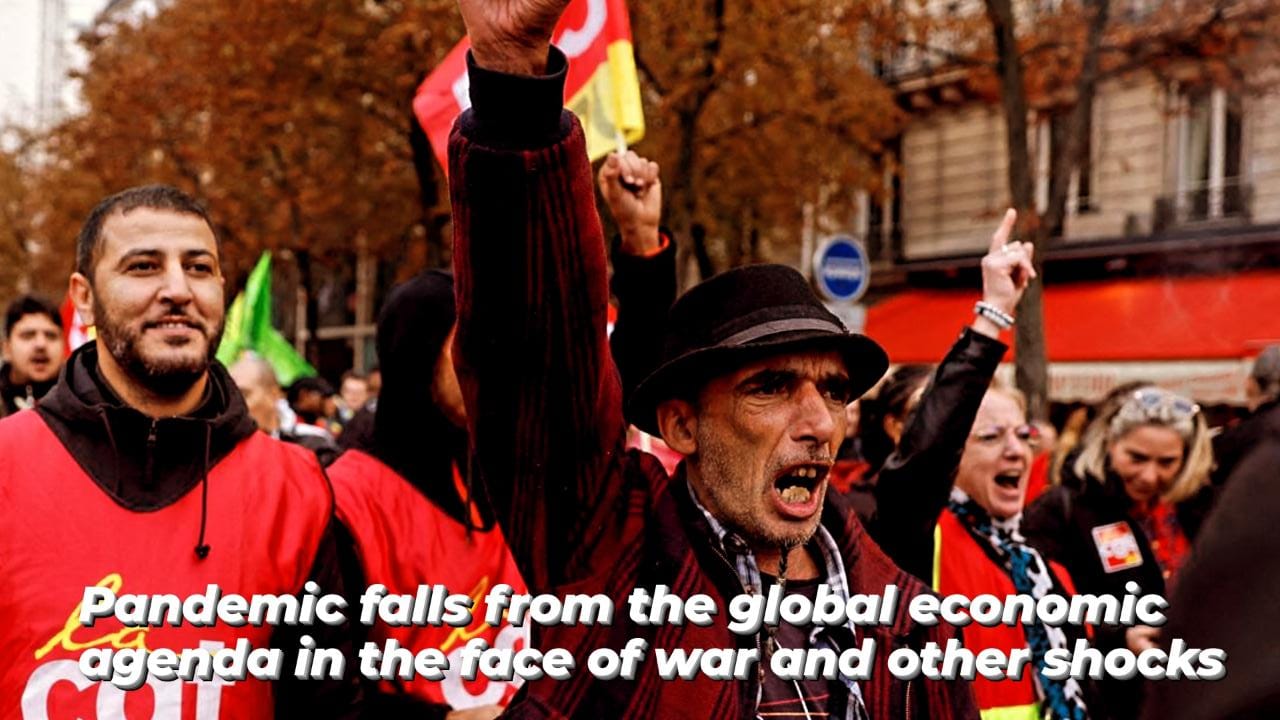
Among the dozens of items on the public agenda of the World Bank and International Monetary Fund’s annual meetings this week are several sessions on climate change, food security, and other chronic global problems, some on inflation and trade, and attention to economic inclusion and digital currencies.
The coronavirus pandemic, a once-in-a-century calamity that has killed an estimated 6.5 million people since late 2019 and exposed broad flaws in how the global economy is organised, will be addressed directly through a single panel on preparedness and two others on economic recovery difficulties.
With the world divided by war, commodity price shocks, potential recession, financial market stress, and a slide toward deglobalization, the lingering health crisis that sparked or accelerated many of those problems – and kept international institutions meeting virtually until recently – has now taken a back seat.
In remarks last week that set the stage for this week’s meetings, IMF Managing Director Kristalina Georgieva stated that the pandemic ‘hasn’t yet left the picture.’ However, she stated that global economic policymakers’ current concerns include managing inflation, strengthening fiscal policy following significant spending early in the pandemic, and finding methods to protect vulnerable nations from the worldwide surge in interest rates.
‘It is utterly shocking,’ said Robin Brooks, managing director and chief economist at the Institute of International Finance, that a health event that continues to weigh on the global economy has dropped so quickly down the list of concerns. ‘The world may be very different… How do we re-establish growth? How do we create fiscal space now that we’ve depleted so much? fighting the pandemic’s initial shock?’

Post Your Comments